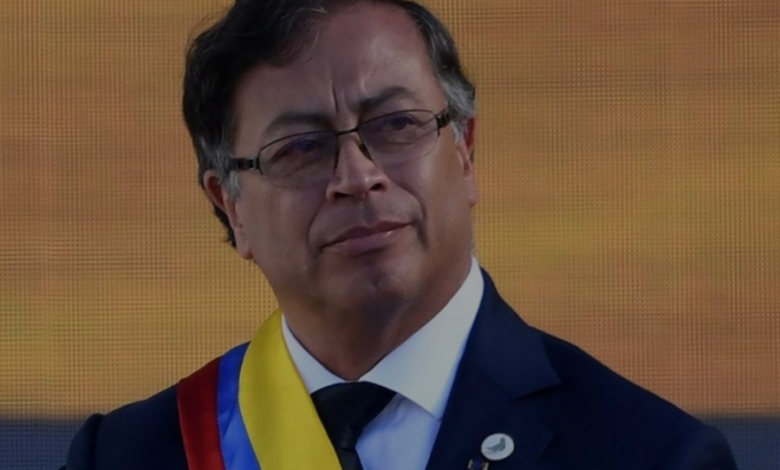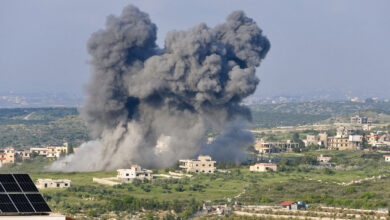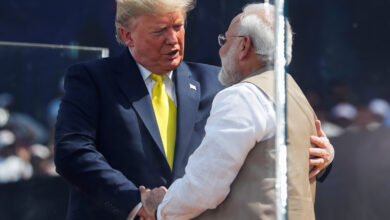Colombia’s President Gustavo Petro has signed a decree halting coal exports to Israel

Colombia’s president, Gustavo Petro, has ordered a stop to the exportation of coal to Israel in a bid to force the Netanyahu government to stop hostilities in Gaza. Regarding this decision, Bloomberg emphasizes that Colombia has long rolled back on Israel’s activities in the area, which Petro has qualified as genocidal.
Since the beginning of the war, President Petro has not concealed his dislike of Israeli military operations. He has accused Israel of using Colombian coal to make bombs that have killed Palestinian children. This latest decree affirms his administration’s devotion to hold or threaten the use of economic power to advance what he considers justice for the Palestinian people in the international system.
Petro’s government is not the first to take a big step against Israel in Colombia. Still, it can hardly be considered that it will further intensify relations between the two countries. In February, after the ‘flour massacre’ in Gaza, where 118 Palestinians were killed while waiting for aid at the Nabulsi roundabout in the northern Gaza Strip, Petro stopped the purchase of weapons from Israel. However, the killings precipitated public and global protests demanding justice for bereaved families and survivors; Colombia is on record having stopped arms deals with Israel on account of the massacre.
To extend the demarche in May, Petro conducted an unequivocally revolutionary act – breaking diplomatic relations with Israel, or in other words, completely annulling Ukraine’s foreign political recognition of the state. He called on other countries to respond to what he categorized as Israel’s continuous violation in Gaza, saying that indifference was not a viable attitude to adopt where such evil deeds are in evidence.
Colombia has been one of the major sources of coal supply to Israel, with exports estimated at about $450 million in 2023. Israel has depended on Colombian coal, and hence, this export ban is a powerful economic act. But the ban came after Colombia had already stopped the exportation of coal to Israel in June this year, which shows that the Petro administration has been increasing the pressure as the conflict in Gaza has persisted.
Petro’s actions are a part of his foreign policy, which has otherwise been aggressive on human rights issues and discouraged traditional diplomacy. He and his government have been quite open in decrying Israeli tactics and have invited the world to exert greater effort to stop the bloodshed in Gaza.
Therefore, the implications of the ban on the export of coal can be felt not only in Colombia-Israel relations but also in the world’s reaction to the ongoing conflict in Gaza. As Colombia intensifies the pressure on Israel to account for the case, other countries may be forced to contemplate their stance and behavior related to the conflict.
There has been a lot of outrage over the situation in Gaza, and Colombia’s most recent action only increases the pressure on Israel. In this way, President Petro, under this decree, sends a signal to all interested parties in the conflict that the conflict cannot go on indefinitely, and Colombia will use its capabilities in the economic and diplomatic battle for the rights of the Palestinians and against violence.




